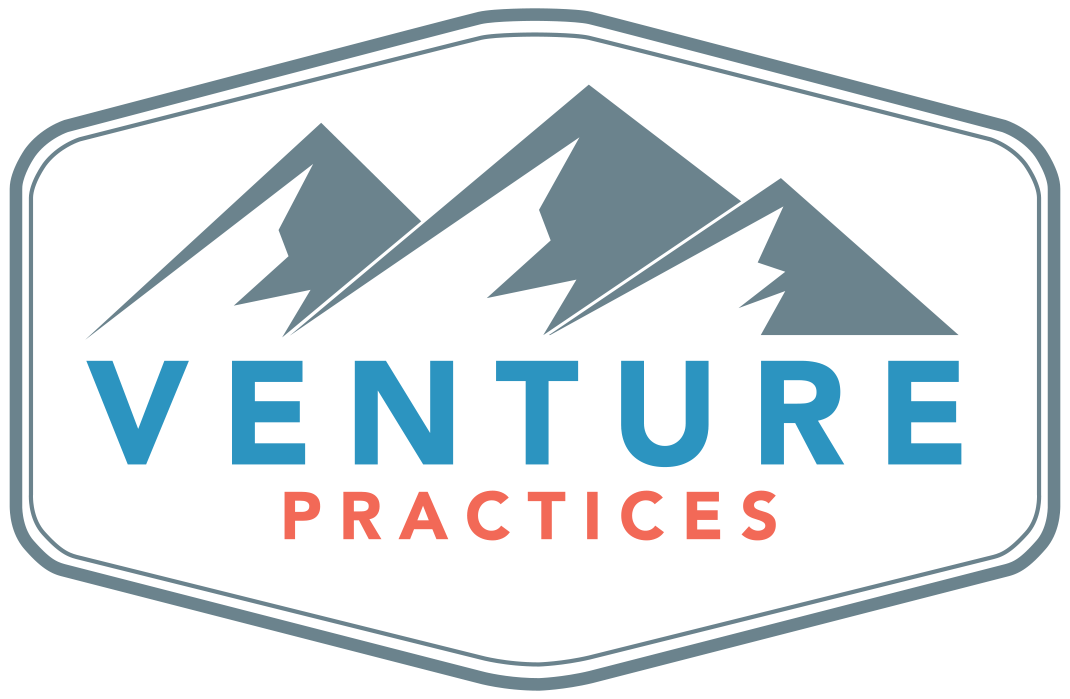
Dentistry, like many other fields, has experienced the need for efficiency and productivity. Balancing rushing and productivity in the dental space is crucial to a thriving practice. However, in dentistry, taking the time to do things correctly is often the best way to move forward.
The Rush to Complete Procedures
What we know: There’s a constant demand for prompt treatments and procedures.
Patients seek efficient care, and dental professionals aim to accommodate these expectations. However, the pressure to work quickly can sometimes compromise the meticulous nature of dental work. The perception that faster means more productive may overshadow the critical role of precision and careful execution in dental procedures.
The Mistake Magnet in Dentistry
One significant drawback of rushing in dentistry is the potential for errors and omissions. When dental professionals are in a hurry, they may:
- Skip essential steps
- Overlook crucial details
- Make hasty decisions.
This can lead to mistakes, suboptimal results, and the need for corrective actions. Unfortunately, these corrections consume more time and effort than the original procedure, negating any time saved through haste.
Quality Over Speed in Dentistry
Dental productivity doesn’t merely equate to speed; it revolves around achieving optimal outcomes efficiently and effectively. Dental procedures should meet high-quality standards, ensuring the best possible care for patients. Balancing efficiency with precision is the hallmark of a productive approach to dental treatments.
Stress and Burnout in the Dental Profession
In the U.S. specifically, 50% of workers reported feeling stressed at their jobs on a daily basis, 41% as being worried, 22% as sad, and 18% angry.
Rushing through dental work can also come at a considerable cost to the well-being of dental professionals. The constant pressure to perform quickly can lead to heightened stress levels and, ultimately, burnout. The relentless pursuit of speed and efficiency can be mentally and physically draining. In contrast, adopting a more measured and deliberate approach can help reduce stress and contribute to a healthier work-life balance for dental practitioners.
Long-Term Gains in Dentistry
Taking the time to execute dental procedures correctly from the outset can help avoid the need for repetitive corrections. This approach aligns with the adage “measure twice, cut once.” By embracing a well-executed, methodical approach, dental professionals can save time and resources in the long run.
The Path to Efficiency in Dentistry
Paradoxically, slowing down in dentistry can lead to greater efficiency. When dental professionals carefully plan and execute treatments, they are less likely to encounter interruptions, the need for rework, or distractions caused by errors. This results in a smoother workflow and, ultimately, more efficient and practical dental care.
The Value of Reflection in Dental Practice
A deliberate approach in dentistry allows time for reflection and considering alternatives. Sometimes, stepping back and contemplating the best way to proceed can lead to more creative and innovative solutions, mainly when dealing with complex cases. Rushing through dental work leaves little room for this type of thinking.
The Benefits of Setting Priorities in Dental Practice
Rushing in dentistry can also arise from overcommitting and taking on too many procedures in a limited time. Learning to prioritize and, when necessary, say “no” is a crucial aspect of dental time management. By setting realistic expectations and focusing on a select number of treatments with greater care, dental professionals can achieve superior results.
Embracing Precision in Dentistry
To meet dental treatment deadlines and provide efficient care, the dental profession must emphasize the importance of a systematic and thoughtful approach. While rushing might appear to be a shortcut to productivity, it frequently leads to mistakes, stress, and burnout for dental professionals. Instead, consider that slowing down can result in greater efficiency, higher-quality dental work, and a more balanced work-life experience. By taking a deliberate approach, dental professionals can maximize their productivity while ensuring the well-being of both themselves and their patients.
